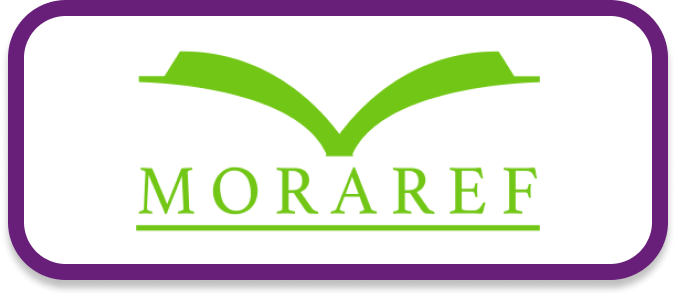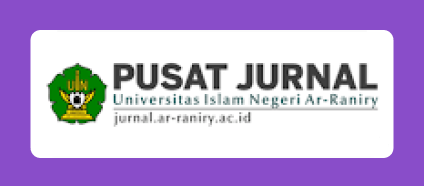META ANALISIS MODEL PBL TERHADAP KEMAMPUAN BERPIKIR KRITIS SISWA DI SD
Abstract
The purpose of research is by to assess related to influence model Problem Based Learning (PBL) in improve critical thinking skill. Model Problem Based Learning (PBL) is one of learning model who presents the problem to solve or resolved. Research methodology used the meta research analysis. Data collection technique used is non test by means tracing articles is in online with journal used google cendekia and google schoolar. Of the results of the investigation 17 articles obtained through google cendekia. Model based on the results indicate Problem Based Learning (PBL) to increase the capacity to think critical students from 7 % to lowest highest % 29, 96 with an average % 18, 11.
Keywords
Full Text:
PDFReferences
Alita, K. U., Koeswanti, H. D., & Sri Giarti, S. (2019). Penerapan Model Problem Based Learning Untuk Meningkatkan Kemampuan Berpikir Kritis Siswa Kelas V SDN Ledok 5 Tahun Pelajaran 2018/2019. Jurnal Basicedu, 3(1)
Jacob, S. &. (2011). Measuring Critical Thinking In Problem Solving Through Online Discussion Forums In First Year University Mathematics. Proceedings Of The International Multi Conference Of Engineera And Computer Scientists,Hongkong.
Rusmono, R., & Yusro, M. (2012). Pengaruh Strategi Pembelajaran dan Kecemasan Terhadap Hasil Belajar Matematika. In Konvensi Nasional V Asosiasi Pendidikan Teknologi dan Kejuruan Indonesia 2010. Ganesha University of Education.
Utami, N. B., Kristin, F., & Anugraheni, I. (2019). Application Of Problem Based Learning Learning Models To Improve Mathematical Learning Results And Critical Students. Pionir: Jurnal Pendidikan, 8(1).
Wulandari, W dan Wahyudi. (2020). Efektivitas Model Pembelajaran Problem Solving dan Problem Posing Ditinjau dari Kemampuan Berpikir Kritis Matematika Siswa Kelas 4. Jurnal Sekolah Dasar, 5(01), 1-10.
Yaumi, Muhammad. (2012). Pembelajaran Berbasis Multiple Intellegences. Jakarta: Dian
DOI: http://dx.doi.org/10.22373/pjp.v9i2.8321
Refbacks
- There are currently no refbacks.
Copyright (c) 2020 Mahfud Fauzi, Indri Anugraheni

This work is licensed under a Creative Commons Attribution-ShareAlike 4.0 International License.

























